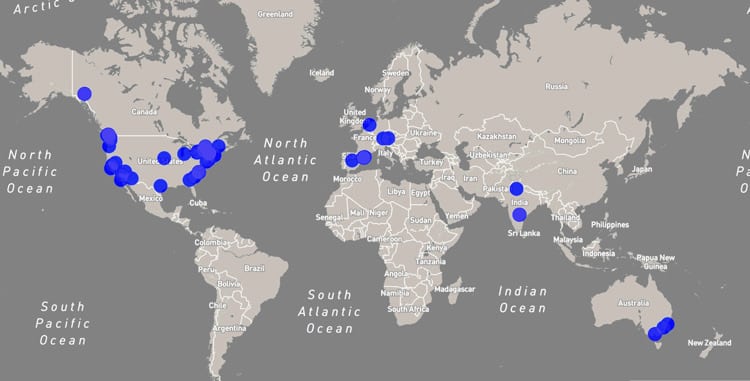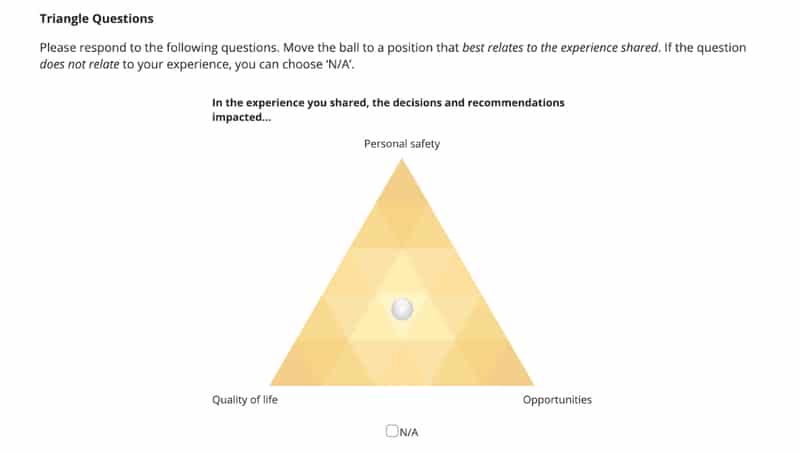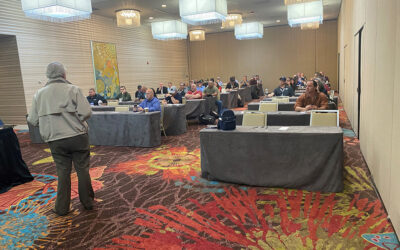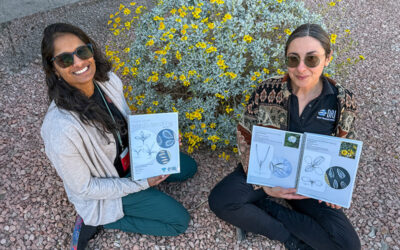The family dinner table. The water cooler with coworkers. Your social media feed. Bedtime with your toddler.
What do all these places have in common? They’re full of stories.
Look closely at your day and, chances are, you’ll notice that stories permeate just about every nook and cranny of your life, from the podcast you listen to as you’re getting ready for work to the Netflix show you binge in the evening to wind down.
It’s not just because stories entertain us. Science has shown that storytelling has an even more powerful function—stories help coordinate behavior in communities, teach shared values and norms, and even synchronize our brainwaves. They’re so important to successful group interactions, according to one study on hunter-gatherer societies, that the best storytellers turn out to be preferred social partners and have greater reproductive success, suggesting that storytelling has evolved through individual-level selection.
The research makes it clear that stories ground us and guide us. That’s why social scientists have started listening for them as the world grapples with the devastating impacts of the COVID-19 pandemic.
My COVID-19 Journey
Researchers at the Desert Research Institute, Spryng.io, and the Human Systems Dynamics Institute have launched a project called My COVID-19 Journey that aims to collect stories from people throughout the world over the coming year. The team hopes that they’ll gather tens of thousands of unique entries to the project, enough to begin identifying patterns of behavior and decision-making in the face of uncertainty and chaos caused by the pandemic.

Map of My Covid-19 Stories: Blue dots represent locations where stories have been submitted from so far.
The goal isn’t to collect a library of individual stories—instead, it’s about finding patterns among them.
“While individual stories are important, the collective experience and the patterns that can be found in it are what we’re really looking for,” explained Tamara Wall, PhD, associate research professor at DRI and project lead. “This is a pattern seeking process.”
Historically, this kind of inquiry—one that invites stories and asks questions to facilitate pattern spotting—has only been possible at a very small scale over long periods of time, practiced by ethnographers and anthropologists who examine communities and groups to learn about their customs, relationships, and systems of power.
Now, with an easy-to-use online tool developed by Spryng.io, researchers can collect this kind of information rapidly and in real-time. More than just a survey, the tool is rooted in sense-making methodology, which aims to learn the participants’ opinions and the context that informs and shapes those opinions.

An example question that respondents answer after writing and titling their submission. These kinds of questions help provide the context that shapes the experiences participants share.
This data helps researchers discern patterns that emerge out of what may feel like chaos—sparse grocery store shelves, overburdened hospitals, canceled plans—and get a better sense of what influences and shapes those patterns.
“To understand why some folks went for toilet paper while others began making protective masks,” explained Ajay Reddy, founder of Spryng.io.
Putting the data to work
With a deeper understanding of how we are collectively experiencing the COVID-19 pandemic, and why we’re making the choices we are during the crisis, researchers are optimistic about what they can do to improve our collective response to this crisis.
In past research projects, for example, this methodology has helped fire captains adapt the training for wildland firefighters to account for rapidly shifting fire behavior and the changing risks on the front lines of wildfire.
For the COVID-19 project, the team plans to share data and findings with several levels of decision-makers, including the US Department of Health and Human Services, state and local governments, and non-profit organizations.
“We expect that county and state-level elected officials and decision–makers will probably find this work most useful,” said Wall. “For example, it could be really interesting to examine how people in different areas respond to public health messages, or to see the different concerns that motivate behavior change, whether that’s the health of the economy or their own personal health.”
Data collection began this month, and participants from around the world have submitted more than 200 stories. The research team’s goal is to have at least 5,000 before they can begin analysis.
Participants will be able to submit stories for the next year, but researchers hope to have enough data this spring to help inform decision-makers in the fall when COVID-19 cases could rise again, according to medical experts.
“While each of us may be alone in our day-to-day experience, we are participating in an emerging global crisis,” reflected Glenda H. Eoyang, Ph.D., founding executive director of the Human Systems Dynamics Institute. “Statistics about our behaviors and health status fill the public press and social media, but the patterns of our individual experiences are hidden from view. When we share our stories and make sense of them for ourselves and with others, we will begin to see how the future is unfolding around the world.”
In just 5-10 minutes, you can contribute to this project and help researchers understand how communities across the globe are being impacted by COVID-19—because your story is more important now than ever.
Portions of this blog are adapted with permission from Decision-making and COVID-19, published by Spryng.io’s CEO and Chief Product Officer Ajay Reddy.


